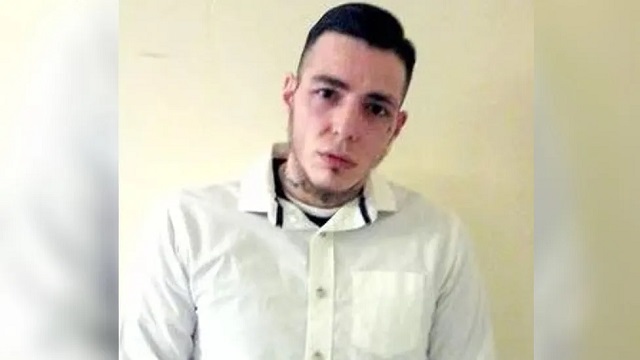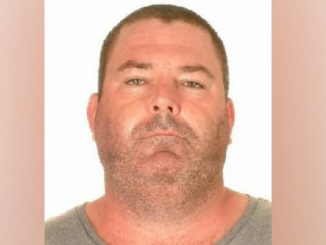
A man’s indefinite sentence for a mobile phone theft has left him with severe mental health problems after 12 years in prison, his sister said.
Thomas White was handed an imprisonment for public protection (IPP) sentence with a minimum two-year tariff in 2012.
He must complete rehabilitation before being released, but Clara White said he has not been able to access a scheme in any of the 16 prisons he has been in.
She said he had faced a “serious injustice scandal”.
Introduced in 2005, IPP sentences were designed for serious crimes and persistent criminals, but have also been handed out for more minor offences.
Recent government data showed there were currently 2,921 people in prison with IPP sentences.
Of those, 1,269 have never been released and 1,652 were recalled to prison following a probation breach after being released.
After completing their minimum term, those on an IPP sentence can apply to the Parole Board for release, which can release them if they are no longer considered a threat to the public.
‘Vulnerable prisoners’
Ms White said her brother, who had been binge-drinking before he stole a phone from two Christian missionaries in Manchester, was “not a dangerous offender”.
“There was no weapon used in that street robbery and there was no violence,” she said.
The 40-year-old, who already had a number of previous convictions for theft, was given an IPP sentence four months before they were scrapped.
She said since being jailed, Thomas had been housed at 16 sites, but had never had a chance to do a progressive programme because “the government did not give [them] in these prisons”.
She said that was a “serious injustice scandal”.
“On his parole hearings, he couldn’t demonstrate that he was rehabilitated, so every time he went up… there was no evidence for them to release him,” she said.
She said since being jailed, he had been diagnosed with schizophrenia.
As a result, she said a psychiatrist had told them he should be released into an outside hospital and stated that his symptoms, which included auditory and visual hallucinations, had been “caused by not knowing whether he will be ever released”.
She added she wanted her brother to be “hospitalised as soon as possible” and for the government “to get involved in the situation”.
Sara Ramsden from the United Group for Reform of IPP, which has campaigned for prisoners like Thomas to be resentenced with a defined term or released, said the sentences had caused huge damage to those involved.
“We’ve got a huge suicide rate, huge self-harm rates and the prison system itself is not able to give these vulnerable prisoners what they need to come out,” she said.
“They’ve served their time, and some, and yet they’re still trapped.”
A Ministry of Justice representative said it had reduced the number of unreleased IPP prisoners by 75% since the sentences were abolished in 2012.
“We have also taken decisive action to curtail licence periods and continue to help those still in custody to progress towards release, including improving access to rehabilitation programmes and mental health support,” they added.
Source: bbc.co.uk






Be the first to comment